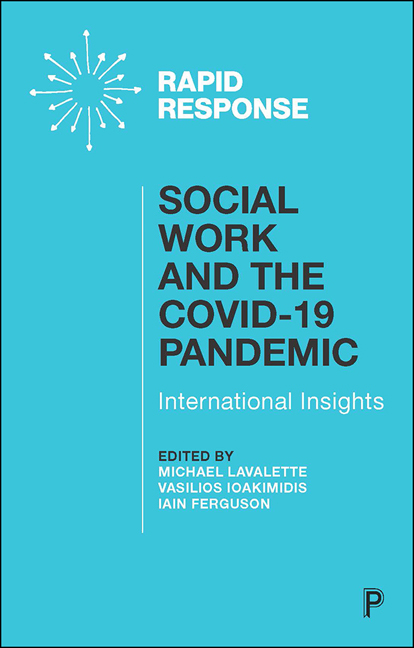11 - The Extent of the COVID-19 Crisis in in South Korea
Published online by Cambridge University Press: 23 March 2021
Summary
As of 13 June 2020, South Korea had recorded 12,110 confirmed cases of COVID-19, with 277 deaths. It was early February, when there was a dramatic increase in COVID infections in South Korea. A COVID positive carrier attended a service of the Sincheonji Church and, as a result, the infection rate increased exponentially. The Daegu region, where the church was located, became analogous to Wuhan in China, it became the epicentre of the COVID-19 in Korea. In March, there are 6,894 confirmed cases in Daegu (56.9 per cent of the nationwide total). Thirty-four per cent of the confirmed cases in Daegu originated from the Sincheonji church. In response, the government imposed a ban on this church, which remains in place as of August. The deaths in Daegu, and nearby North Gyeongsang Province, account for 88.7 per cent (243 people) of the total deaths in the country.
The infections hit the elderly significantly. Ninety-two per cent of the total deaths were amongst people over 60, 49 per cent of deaths were amongst people in their 80s or older. Like other countries, Korea has had the most fatal consequences for the vulnerable elderly. What is unusual here, however, is that although lots of the elderly have died, there are very few infections and deaths through elderly welfare centres and nursing homes. The common infection route for the elderly was the geriatric hospital. As a social worker, with responsibility for elderly care facilities, it is something, at least, for the profession to be proud of, we managed to keep the infection rate low.
Social work responses
Lockdown
All social welfare facilities have been closed according to government guidelines in Korea from February. The elderly were unable to come to the senior citizens’ restaurants because of the social distancing measure, and the lockdown of social welfare facilities. They endured the situation in their own homes – almost as if they lived on a remote island. Social workers visited every morning with lunch boxes and basic necessities. Social workers also had responsibility for supporting people with severe disabilities. Social workers at live-in facilities quarantined alongside service users, while others took responsibility for work in the community. Social workers are working hard for our underprivileged and isolated members of our community.
- Type
- Chapter
- Information
- Social Work and the COVID-19 PandemicInternational Insights, pp. 81 - 86Publisher: Bristol University PressPrint publication year: 2020

